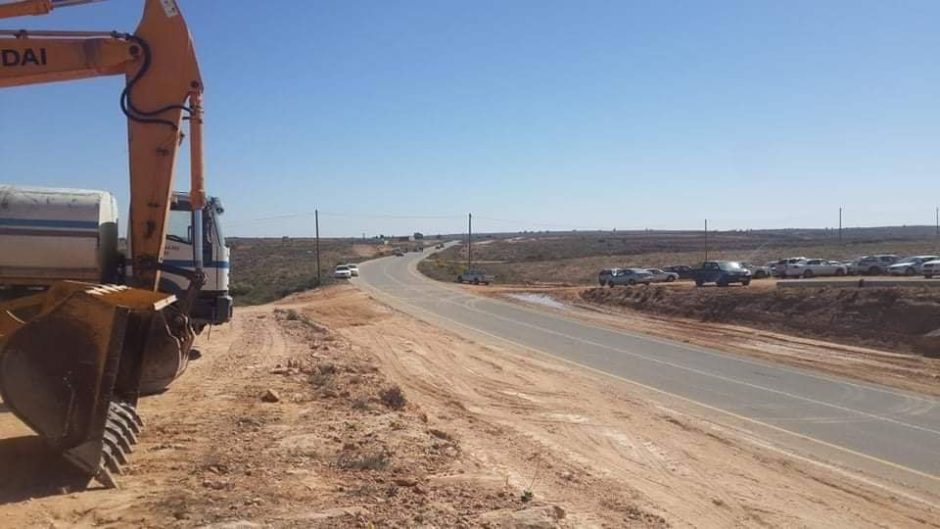
The new head of Libya’s National Oil Corp. (NOC) has overseen the relaunch of gas production at Al Faregh and new talks with Waha Oil, paving the way for more production.
In mid-July, Libya was producing around 560,000 barrels per day, NOC said. It is currently at 860,000 bpd and with the target of reaching 1.2 million bpd within two weeks.
The Tripoli-based government installed Farhat Bengdara as the new chairman of NOC earlier this month, replacing stalwart Mustafa Sanalla.
Bengdara has seen some early successes following his appointment.
On July 23, Faregh – Libya’s largest gas field – began producing to the Sarir power plant. The field is operated by Waha Oil, around 60 km southwest of the Jalu field.
NOC said starting up Faregh would reduce power outages.
General Electricity Company of Libya (GECOL) welcomed the restart on July 23. It said the North Benghazi and Zueitina power plants were due to start up on July 24.
Bengdara and other members of the NOC board held talks with Waha Oil on July 24. The chairman said the aim of the discussions was to identify the difficulties the company faces and to find ways to solve them.
The same day, the board also held talks with the management of the Arabian Gulf Oil Co. (Agoco). Again, the NOC statement said it aimed to support the operating company in maintaining and increasing production.
El Feel restarted production on July 19 at a rate of 40,000 bpd, in the country’s southwest. NOC said it was ramping up to 70,000 bpd.
While there have been clear improvements in Libya’s energy industry, the country continues to look unstable.
Locals invaded the Tobruk parliament late last week. This was partly in response to economic struggles, including a shortage of electricity. Tripoli also suffered, with militias clashing and the airport putting flights on hold owing to the violence.
The eastern backed Fathi Bashagha has seemingly raised the possibility of seeking to take control of Tripoli again, following an earlier unsuccessful attempt. He is seeking the removal of Prime Minister Abdul Hamid Dbeibeh.
Fighting broke out over the weekend in Misrata. US Ambassador Richard Norland called for political actors and their supporters “to stand down in order to avoid escalation and further loss of life”.
Bashagha, meanwhile, blamed the violence on “an outlawed government”.
2/3 I have reiterated that only Libyan solutions as I put forth in my roadmap to recovery are able to solve the Libyan problems, and that corruption and spoilers can never be reformer.
— فتحي باشاغا Fathi Bashagha (@fathi_bashagha) July 24, 2022
